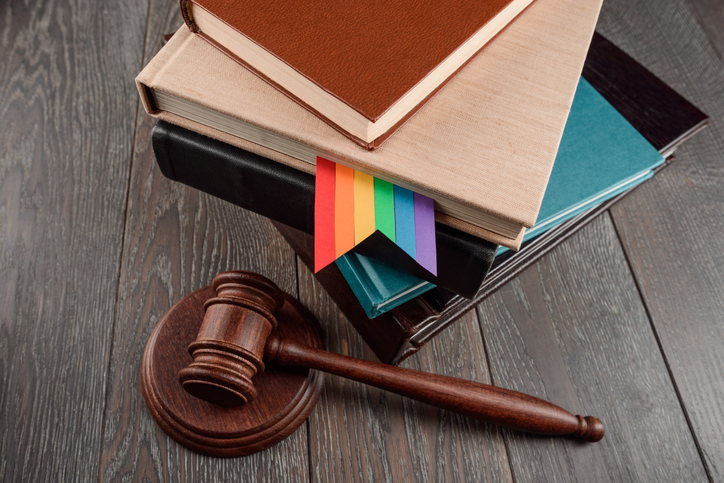Since the U.S. Supreme Court’s ruling in Bostock v. Clayton County, which clarified that Title VII of the Civil Rights Act of 1964’s protections against discrimination “based on . . . sex” included sexual orientation and gender identity, an increasing area of legal questions has arisen regarding the conflicts between LGBTQ+ employees’ rights and other employees’ rights to religious accommodation. These questions have increased since the Supreme Court’s decision in Groff v. DeJoy, which increased employers’ obligations to accommodate an employee’s religious beliefs.
With questions swirling regarding conflicting rights under Title VII between employees, sometimes in the context of diversity, equity, and inclusion (DEI) training, the Equal Employment Opportunity Commission’s (EEOC) recent decision in Barrett v. Vilsack allowed it to weigh in on religious accommodation requests in the context of LGBTQ+ discrimination and harassment prevention. Its decision could have a significant effect on how all employers address this developing and complex intersection of the law.
Religious Discrimination Claim Arises from DEI Training
As part of a departmentwide training requirement, an engineer employed by the U.S. Department of Agriculture (DA) was told to attend a mandatory training session covering various issues, including discrimination and harassment toward the LGBTQ+ community.
When told of the mandatory training, the engineer requested to exit the training session during portions relating to LGBTQ+ issues, as they conflict with his sincerely held religious beliefs. The DA denied the engineer’s request and threatened him with discipline if he failed to attend the training in its entirety.
The engineer then filed a complaint alleging religious discrimination and that the DA violated Title VII by failing to provide him with a religious accommodation.
EEOC Rejects Discrimination Complaint
The EEOC ultimately rejected the engineer’s complaint for two separate reasons:
- First, the engineer failed to explain how his religion conflicted with his attendance. The EEOC noted that the training session only contained a few slides referencing LGBTQ+ matters, and the engineer himself admitted these portions were professional and respectful. The EEOC ultimately found the training didn’t require the engineer to change his beliefs, nor did it attempt to “modify, criticize, or pressure him to change his religious observance or practice – whether before, during, or after the training.”
- ·Second, the EEOC determined that allowing the engineer to exit the training session posed an undue burden on the employer. According to the EEOC, employers can require employees to attend these types of training sessions because “Title VII requires employers to take steps to prevent discriminatory harassment, and they may be held liable if they fail to do so.”
Although this decision isn’t binding on federal courts, it provides insight on how the EEOC views the intersection of religious accommodation requests and LGBTQ+ discrimination and harassment matters. Barrett V. v. Dep’t of Agriculture, EEOC Appeal No. 2019005478 (March 7, 2024).
Bottom Line
It remains to be seen how the EEOC will analyze accommodation requests that extend beyond training sessions, but this decision could have a wide-reaching effect on the EEOC’s enforcement policies moving forward.
Contact McAfee & Taft if you have questions or need assistance implementing discrimination and harassment training, handling religious accommodation requests, and/or addressing claims of LGBTQ+ discrimination and harassment.
Alyssa N. Lankford and Isaac Treadaway are associates at McAfee & Taft in Oklahoma City and can be reached at alyssa.lankford@mcafeetaft.com and isaac.treadaway@mcafeetaft.com, respectively.

